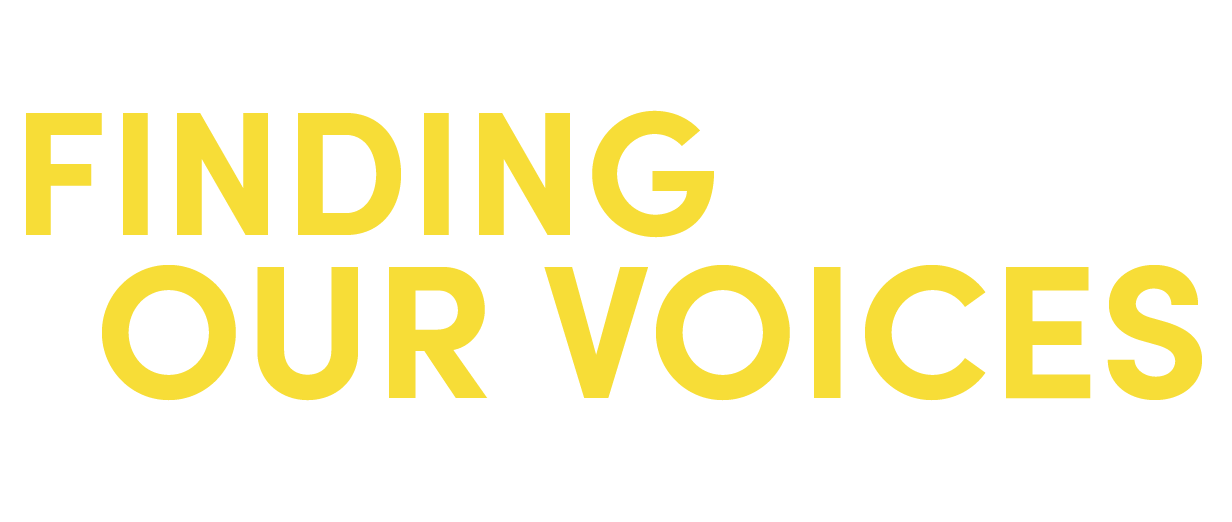Patrisha McLean: Call domestic violence strangulation by its real name
December 19, 2024
Republished from centralmaine.com
Download the PDF of this article here
Strangulation, the highest predictor of domestic violence murder, is unfortunately seen everywhere, the advocate writes.
A few years into my marriage with Mike,” says Jolene Miles of Greene, “I mentioned to my therapist that we had a fight and Mike wrapped a cord around my neck. She told me this was strangulation, and my risks of being killed by him had just increased 10-fold.”
With domestic violence, strangulation is the highest predictor of murder. And in Maine, where half of all murders are by family members, strangulation is everywhere.
In Knox County, Eric M. Meklin was charged with a felony charge of domestic violence for allegedly strangling his girlfriend of three months twice after she tried to break up with him. At the time, he was on probation for domestic violence against his ex-wife.
ODARA is a tool used by the Maine justice system to calculate how likely domestic abusers are to re-assault their current partner or future partners. A score of 7 or more means the highest risk of them doing it again. Meklin’s score is 11.
Yet the judge granted him $2,500 bail.
According to the Training Institute of Strangulation Prevention, strangulation increases the risk of death by 750 percent, and most police killed in the line of duty are killed by men who have strangled women. Loss of consciousness can occur within 5 to 10 seconds. Even when fatal, there are often no visible signs of injury. After effects include seizures, progressive dementia, and psychosis.
A “manual strangulation” finding was one of the first things reported in the autopsy of 23-year-old Bethany Kelley, found dead two years ago in Portland. The man charged with her murder, 47-year-old Frederic Johnson, was just released from jail in a plea deal after serving only two years.
In Bangor in September, 39-year-old Virginia Cookson was strangled to death. The man charged with her murder, Richard Thorpe, was an ex-boyfriend she was able to meet because of his release from prison three years early in something called the Supervised Community Confinement Program. According to his ex-wife Darcia Maney, strangling her was part of why he was serving time when approved for this early-release program.
Jolene: “We were getting ready to go to his mother’s house for Thanksgiving dinner when in a sudden rage and in front of our small children, Mike shoved me to the ground and forced his forearm into my throat so I couldn’t breathe. This became a thing that he did, more and more often.”
In a Finding Our Voices survey of students at a Maine high school about dating abuse, two out of four reported “choking during sex.”
Choking is when something gets caught in your throat, and it is accidental. Strangling is when someone deliberately applies pressure to your throat, cutting off breathing and/or the circulation of blood so that your life is literally in their hands.
In Sanford two weeks before the November election, state Rep. Lucas Lanigan, R-Sanford, was charged with strangulation. He allegedly “grabbed his wife’s neck and held it for approximately 20 seconds.” The media headlines mostly all called this “choking”. He won back his seat by one vote.
The holidays are traditionally the scariest time of the year for women and children trapped in domestic abuse, while wishes for joy and peace ring out in the community.
My Christmas wish for Maine is an official push for everyone to understand the seriousness of domestic violence strangulation: Call it by its correct name, deny bail to men charged with it, and for those convicted of it, no early release from jail or prison.
Jolene: “My husband returned home drunk after a night out. The kids and I were asleep. I recall him crawling into my bed and saying something to me and then he was on top of me with both his hands squeezing tight on my neck.
“I couldn’t breathe and was literally fighting for my life. I will never forget the horrible thought I had that night: ‘What about my babies??!!’”

